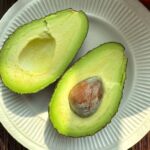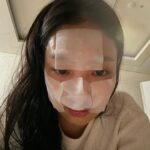## Is Vitamin E a Skincare Superhero or a Risk?
Many believe that vitamin E is a skincare superhero, with the ability to keep their skin supple and beautiful from within. But is this belief truly justified? Are there any risks associated with the use of vitamin E?
1. Do we need to take oral vitamin E for anti-aging purposes?
In our daily lives, exposure to UV rays, air pollution, and high stress levels can cause healthy cells to produce free radicals, leading to skin deterioration. Vitamin E, being an antioxidant, can neutralize these free radicals and thus, play a role in anti-aging. This is why many anti-wrinkle and anti-aging skincare products contain this vitamin.
However, it is important to note that our bodies only require a small amount of vitamin E daily, and this can easily be obtained from our diet. Foods such as vegetable oils (e.g., canola oil, sesame oil), most nuts (e.g., walnuts, pumpkin seeds, pine nuts), and various other plant-based sources are rich in vitamin E. Therefore, individuals who maintain a balanced diet are unlikely to be deficient in this vitamin and do not need to take supplements.
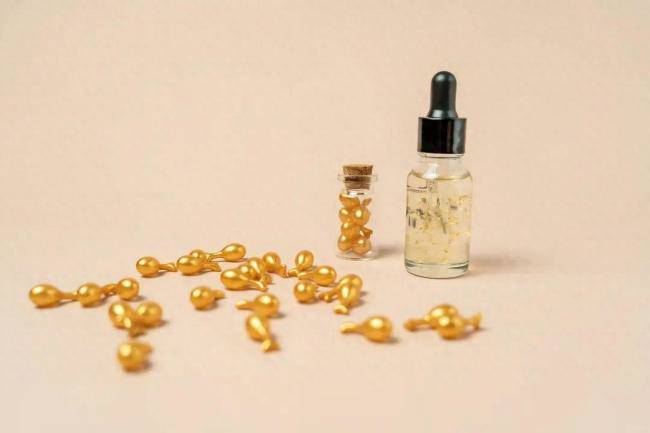
While vitamin E has antioxidant properties, supplementation is unnecessary if you maintain a healthy diet.
Note: Vitamin E is fat-soluble and is not excreted through urine. Excessive vitamin E intake can increase metabolic burden.
In reality, only those on restrictive diets that exclude certain food groups are at risk of vitamin deficiencies or eating disorders, and they may need to consider supplementation.
For those who wish to supplement with vitamin E, it is recommended to do so through a balanced diet. Vitamin E is abundant in both animal and plant-based sources. Good sources include vegetable oils (such as wheat germ oil, cottonseed oil, soybean oil, peanut oil, and sesame oil), wheat germ, and nuts. Additionally, it can also be found in green leafy vegetables, meat, milk, and beans.
Of course, one may also opt for vitamin E supplements, ensuring they are of assured quality, safe, and convenient.
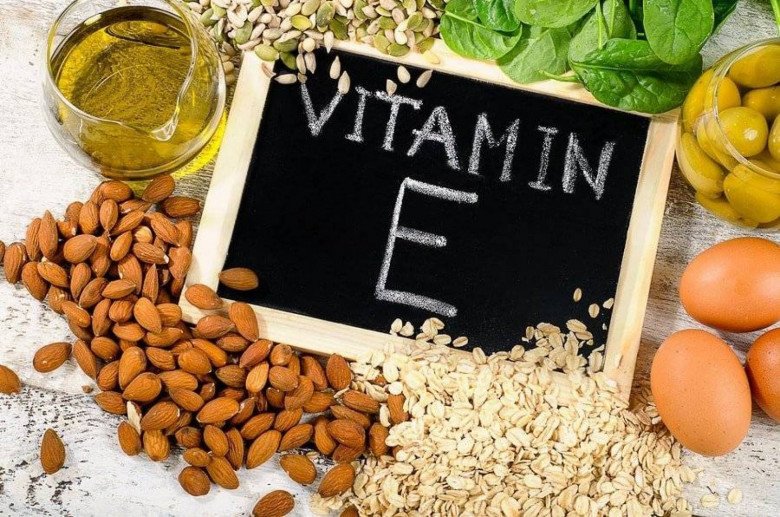
Vitamin E-rich foods include oils and nuts.
2. Can we apply vitamin E capsules directly to the face for moisturization and better skin?
Vitamin E capsules designed for oral consumption are typically oil-based, with over 90% consisting of excipients to facilitate ingestion and absorption through the digestive system. However, these oils are not easily absorbed through the skin.
Therefore, applying vitamin E capsules directly to the face is unlikely to provide any significant benefit. For individuals with oily skin, applying vitamin E may even make the skin appear greasier.
In extremely dry conditions, when regular moisturizers may not be sufficient, one could consider adding a small amount of vitamin E oil to their lotion or moisturizer and then applying it to the face. This creates a “protective layer” that locks in moisture.
However, this method should be used sparingly as daily use may lead to oily skin. It is only recommended for emergency situations, such as while traveling.
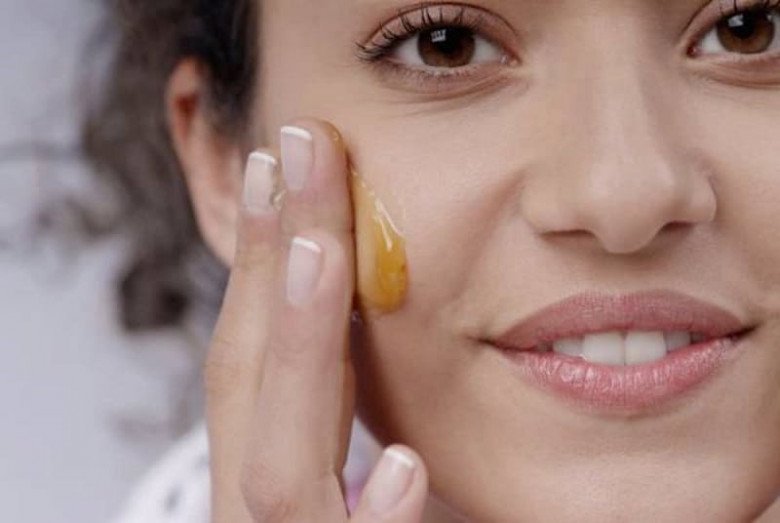
Applying vitamin E directly to the face may make the skin appear oilier.
3. Does applying vitamin E to eyelashes promote their growth?
While vitamin E can provide nourishment to hair follicles and improve microcirculation, there is no clinical evidence to support its ability to promote eyelash growth.
Although it cannot be ruled out that some individuals may experience positive effects on their eyelashes, this is not a fundamental factor in eyelash growth. Some people may notice thicker eyelashes after a few days of application, but this is mostly a psychological effect, creating the illusion of thicker lashes.
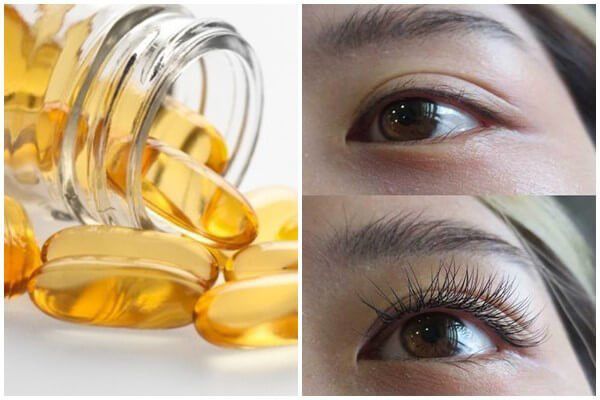
Applying vitamin E to eyelashes may lead to follicle inflammation.
It is not advisable to apply vitamin E to eyelashes. The eyelid area is delicate, and the high concentration and oiliness of vitamin E can easily lead to contamination. This could result in overnutrition, and in severe cases, follicle blockage and inflammation.
Additionally, some individuals may be allergic to vitamin E, and applying it to the eye area could trigger allergic contact dermatitis.


























